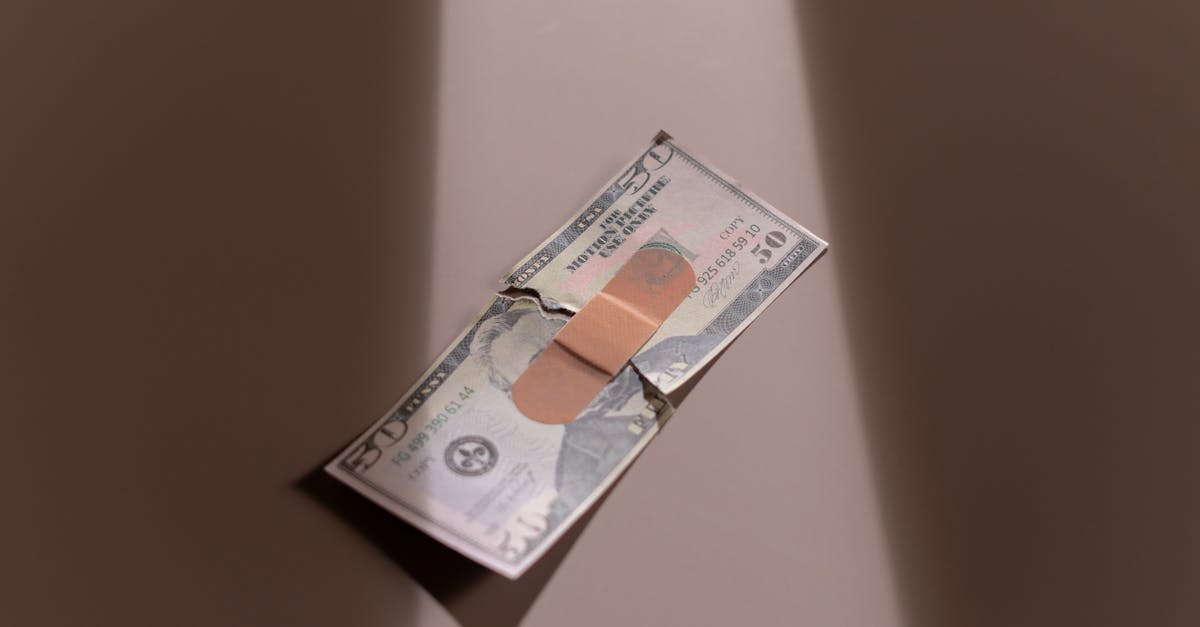Are Fixed Deposits Still Worthwhile Investments
Introduction
Fixed deposits (FDs) have long been considered a safe investment option, offering guaranteed returns over time. But with evolving financial landscapes, investors are questioning if FDs retain their charm. This article delves into the benefits and considerations surrounding FDs as an investment today.
Advertisement
Understanding Fixed Deposits
Fixed deposits are a type of savings accounts where you deposit a sum of money for a predetermined period at a fixed interest rate. The longer the tenure, the higher the interest rate offered. At maturity, the principal amount along with interest is returned to the depositor, providing a predictable return.
Advertisement
Safety Net and Stability
One of the primary benefits of fixed deposits is their safety. Unlike stocks or mutual funds, FDs are not subject to market volatility, making them appealing for risk-averse individuals. Most countries offer depositor insurance, protecting deposits up to a certain limit, thus adding another layer of security.
Advertisement
Interest Rates: Still Attractive?
The attractiveness of fixed deposits often hinges on the prevailing interest rates. While rates have fluctuated over the past decade, they generally remain lower compared to potential stock market returns. However, in low-risk environments, the security of an FD can outweigh the lure of higher, uncertain returns.
Advertisement
Tax Implications
Interest earned on fixed deposits is fully taxable, which can impact the net returns significantly. Investors should account for this tax deduction when calculating their real returns. Tax-saving FDs are available in some regions, offering tax exemptions under specific conditions, although with longer lock-in periods.
Advertisement
Liquidity Concerns
A key consideration is the lack of liquidity in fixed deposits. Withdrawal before maturity often incurs penalties, meaning those needing flexible access to cash may find FDs limiting. Thus, it's essential for investors to consider their financial needs and choose FD tenures wisely.
Advertisement
Comparing to Other Investments
While FDs are low-risk, other investments like stocks, real estate, or mutual funds may offer greater long-term returns. However, these come with increased risk and volatility. Fixed deposits can serve as a stable counterpart in a diversified investment portfolio.
Advertisement
Adapting to Economic Shifts
Economic conditions heavily influence the suitability of FDs. In inflationary times, their real returns can diminish compared to assets that appreciate over time. Therefore, staying informed about economic trends can guide decisions about whether FDs or other investments are more prudent.
Advertisement
Who Should Invest in Fixed Deposits
FDs are ideal for conservative investors seeking capital preservation or those who need guaranteed returns for future expenses. Retirees often favor FDs for this stability. Individuals facing upcoming expenses, like children's education, may also benefit from the predictability of FDs.
Advertisement
Summary or Conclusion
In conclusion, while fixed deposits may not offer the highest returns, their stability and guaranteed returns remain attractive for many. Considering current economic conditions and one's risk tolerance plays a crucial role in deciding their suitability. A well-balanced portfolio should thoughtfully incorporate fixed deposits to ensure stability and predictability in one's financial journey.
Advertisement


